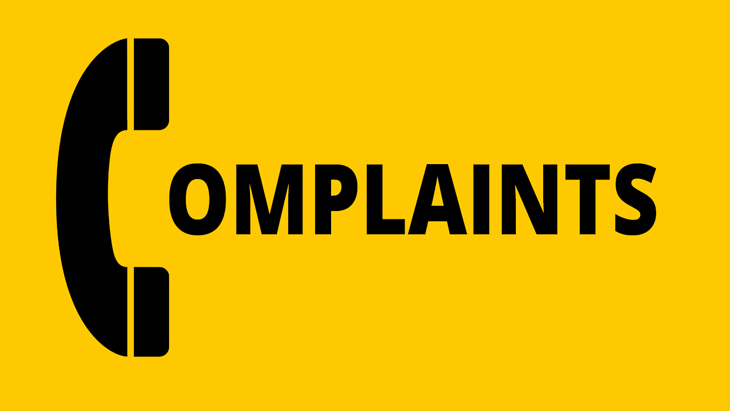Closed captions link whole segments of the population to the world, and that link is about to get stronger.
The Federal Communications Commission has made it easier for the public to report captioning problems – problems that broadcasters might otherwise not know are happening.
People who use closed captioning, especially those with a hearing loss, depend on captions to get the information they need and the entertainment they want. Television is much more accessible than it used to be, but problems still exist. Garbled captions, misplaced captions that cover names or other important information, or captions that are missing altogether – all are concerns for the hard-of-hearing community.
Users report that song lyrics are sometimes missing, replaced with a single musical note. Sometimes captions don’t match what is actually being said, and the content may be drastically shortened instead of being written out verbatim. Punctuation is another problem that can go hand in hand with this.
For instance, a hypothetical government official apologizes for embezzling money, and announces he has decided to put himself into exile in France. The caption: I’m sorry I decided to move to France. In this example, the meaning changes significantly.
Other problems include captions that are misspelled, changing the meaning entirely. Online (live) captioners have to keep up with lighting-fast speakers, sometimes several of them, so they use a shorthand machine like a court stenographer. The shorthand symbols are decoded by another machine, and words that aren’t recognized are turned into the closest phonetic equivalent.
The famously misheard Jimi Hendrix lyrics come to mind: “Excuse me while I kiss this guy.” Yeah, it was the sky, not a guy, and again communication breaks down.
Program producers and viewers want these problems solved, but those who broadcast the shows often don’t know that a problem exists.
The FCC has developed a new system to help bring captioning problems to light. Under the new rules, viewers who have a complaint can contact the station where the problem was seen, or contact the FCC, which will forward the report to the broadcaster, cable company or satellite provider.
Simple problems can be fixed within minutes, if consumers call or e-mail right away. Some people may decide to contact broadcasters later, but the new rules state that complaints must be made within 60 days of the captioning problem. Then the program producer has 30 days to respond to the complaint.
How To Contact The FCC:
Online
File your complaint using the FCC Complaint Form.
File your complaint by email to [email protected]
Fax
1-866-418-0232
Letter
Federal Communications Commission
Consumer & Governmental Affairs Bureau
Consumer Complaints
445 12th Street, SW
Washington, D.C. 20554
Phone
1-888-CALL-FCC (1-888-225-5322) voice
1-888-TELL-FCC (1-888-835-5322) TTY.
Monday – Friday, 8 a.m. to 5:30 p.m. (ET)

Ben Kalb
Ben is a broadcast engineer and creator of StationDrop. With a longevity in the broadcast industry, over 20 years, Ben has experience with everything from 1” tape reels to completely file-based workflows. Recently, Ben has broken into the world of coffee. Ask him about his latest brew.


